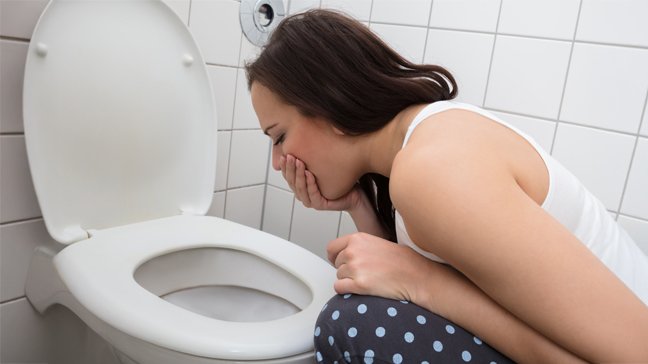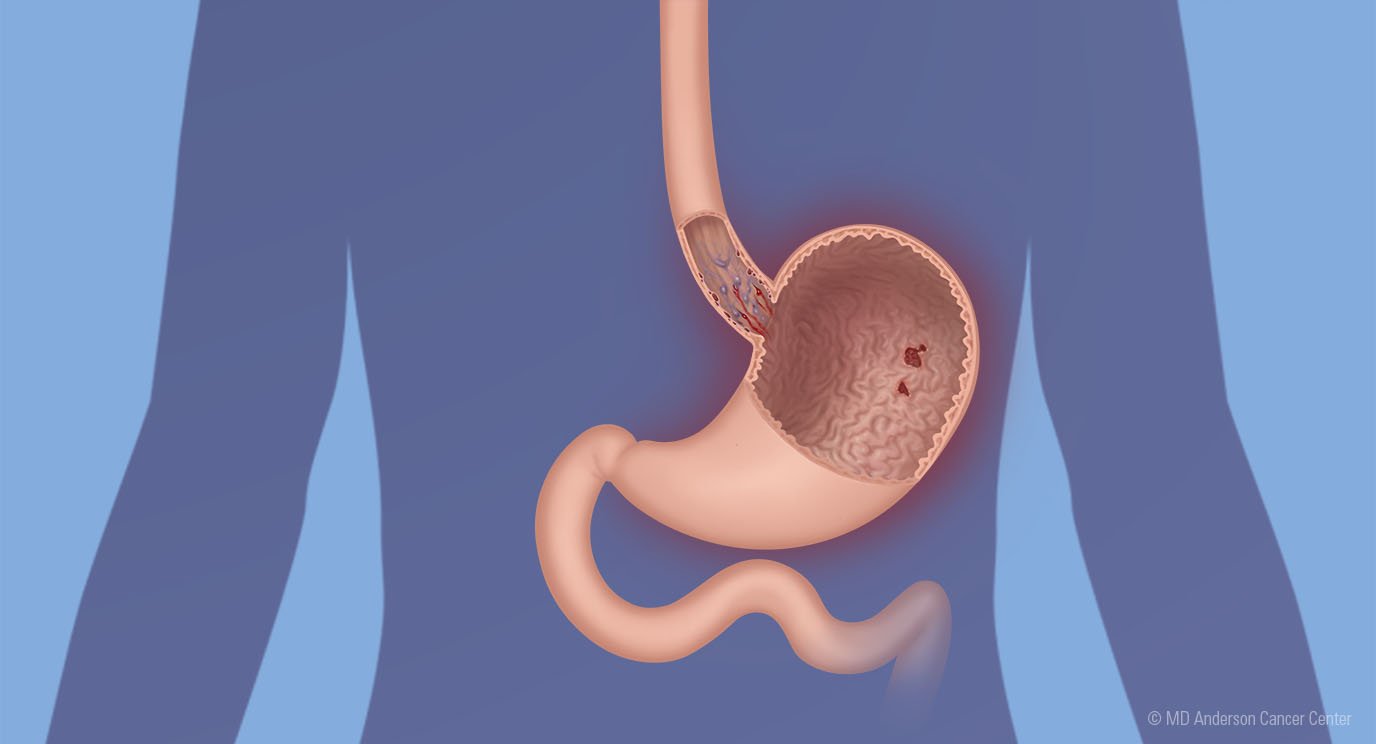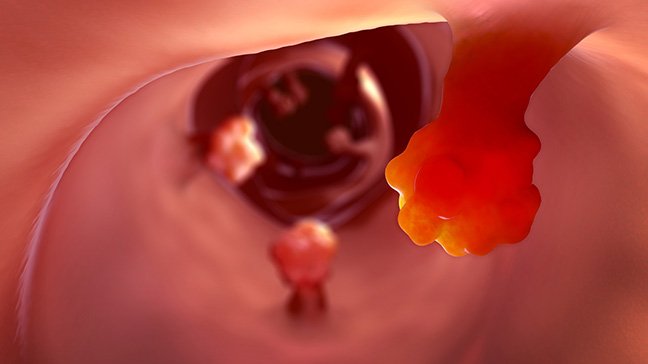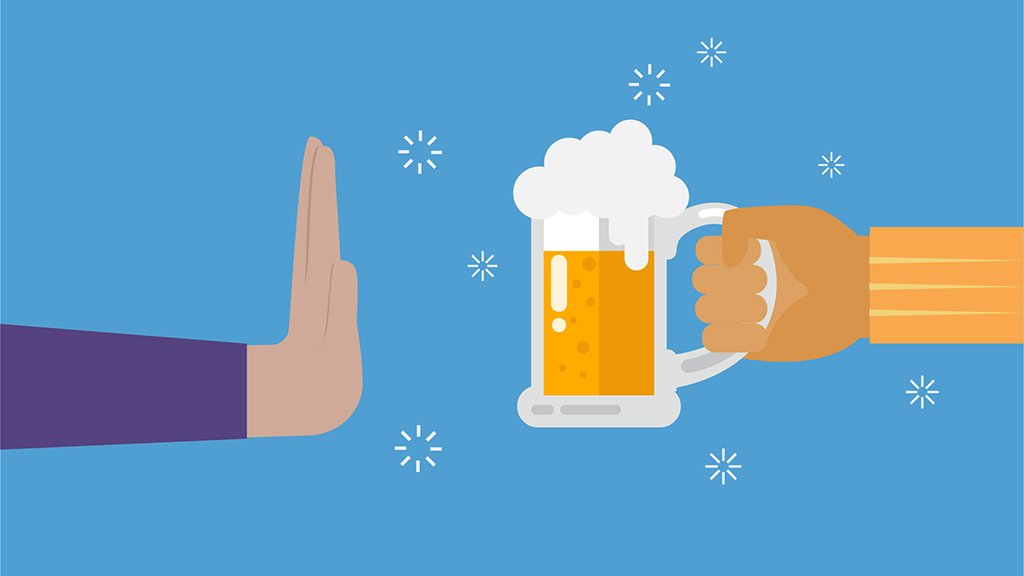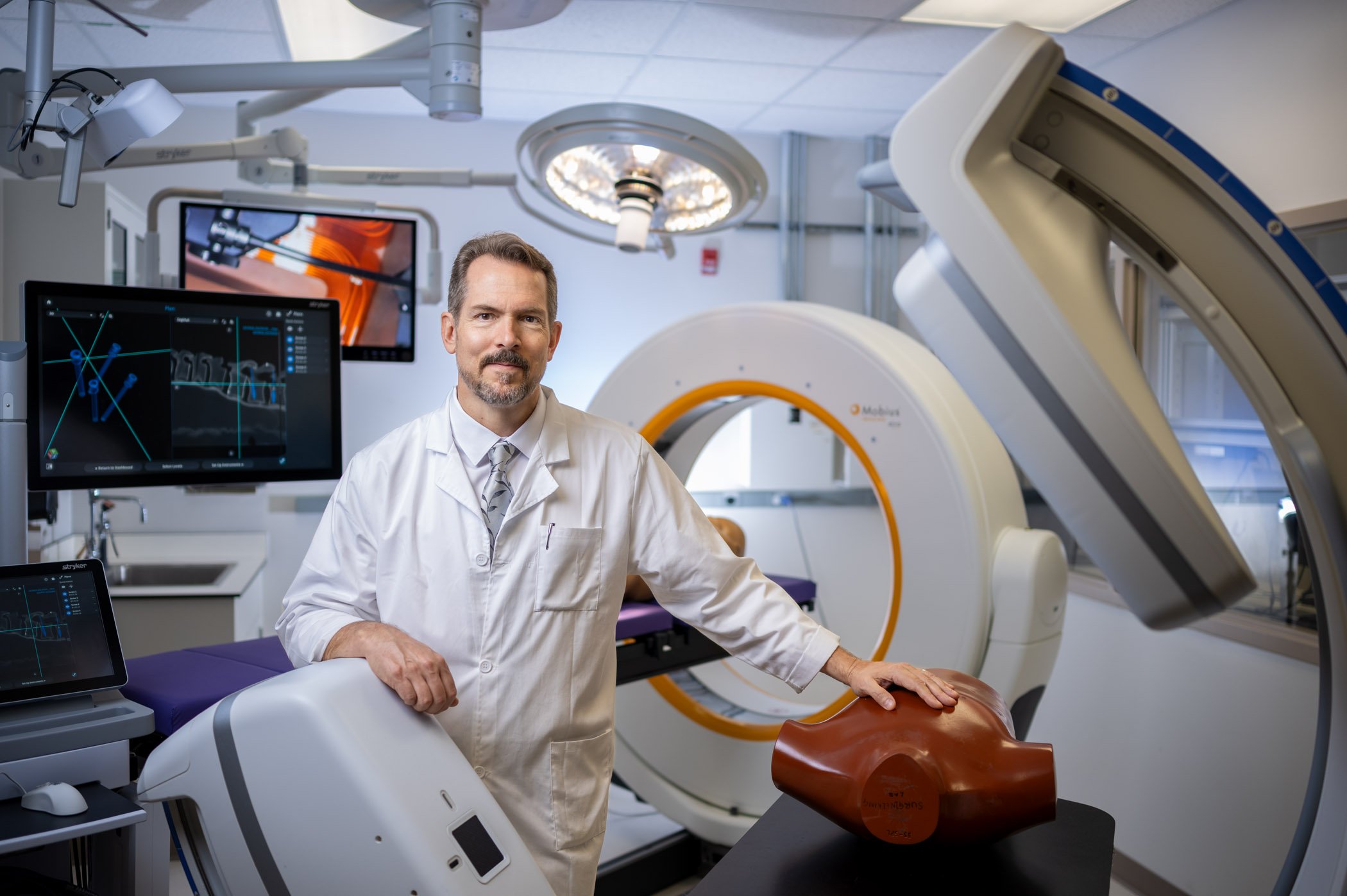- Diseases
- Acoustic Neuroma (16)
- Adrenal Gland Tumor (24)
- Anal Cancer (70)
- Anemia (2)
- Appendix Cancer (18)
- Bile Duct Cancer (26)
- Bladder Cancer (74)
- Brain Metastases (28)
- Brain Tumor (234)
- Breast Cancer (726)
- Breast Implant-Associated Anaplastic Large Cell Lymphoma (2)
- Cancer of Unknown Primary (4)
- Carcinoid Tumor (8)
- Cervical Cancer (164)
- Colon Cancer (168)
- Colorectal Cancer (118)
- Endocrine Tumor (4)
- Esophageal Cancer (44)
- Eye Cancer (36)
- Fallopian Tube Cancer (8)
- Germ Cell Tumor (4)
- Gestational Trophoblastic Disease (2)
- Head and Neck Cancer (14)
- Kidney Cancer (130)
- Leukemia (342)
- Liver Cancer (50)
- Lung Cancer (286)
- Lymphoma (278)
- Mesothelioma (14)
- Metastasis (30)
- Multiple Myeloma (100)
- Myelodysplastic Syndrome (60)
- Myeloproliferative Neoplasm (6)
- Neuroendocrine Tumors (16)
- Oral Cancer (102)
- Ovarian Cancer (178)
- Pancreatic Cancer (160)
- Parathyroid Disease (2)
- Penile Cancer (14)
- Pituitary Tumor (6)
- Prostate Cancer (150)
- Rectal Cancer (58)
- Renal Medullary Carcinoma (6)
- Salivary Gland Cancer (14)
- Sarcoma (238)
- Skin Cancer (300)
- Skull Base Tumors (56)
- Spinal Tumor (12)
- Stomach Cancer (66)
- Testicular Cancer (28)
- Throat Cancer (92)
- Thymoma (6)
- Thyroid Cancer (100)
- Tonsil Cancer (30)
- Uterine Cancer (86)
- Vaginal Cancer (18)
- Vulvar Cancer (22)
- Cancer Topic
- Adolescent and Young Adult Cancer Issues (22)
- Advance Care Planning (12)
- Biostatistics (2)
- Blood Donation (18)
- Bone Health (8)
- COVID-19 (360)
- Cancer Recurrence (120)
- Childhood Cancer Issues (120)
- Clinical Trials (628)
- Complementary Integrative Medicine (22)
- Cytogenetics (2)
- DNA Methylation (4)
- Diagnosis (238)
- Epigenetics (6)
- Fertility (62)
- Follow-up Guidelines (2)
- Health Disparities (14)
- Hereditary Cancer Syndromes (128)
- Immunology (18)
- Li-Fraumeni Syndrome (8)
- Mental Health (122)
- Molecular Diagnostics (8)
- Pain Management (62)
- Palliative Care (8)
- Pathology (10)
- Physical Therapy (18)
- Pregnancy (18)
- Prevention (936)
- Research (390)
- Second Opinion (78)
- Sexuality (16)
- Side Effects (616)
- Sleep Disorders (10)
- Stem Cell Transplantation Cellular Therapy (216)
- Support (408)
- Survivorship (328)
- Symptoms (182)
- Treatment (1788)
How I recovered from esophageal cancer surgery
BY Mary Ginley
4 minute read | Published October 08, 2014
Medically Reviewed | Last reviewed by an MD Anderson Cancer Center medical professional on October 08, 2014
About a year ago, I was diagnosed with stage III esophageal cancer. My husband and I left our home in Florida and headed to MD Anderson in November 2013, and let them take over. I remember our first meeting with Reza Mehran, M.D., who would later do my surgery. I stopped being afraid that day. I knew we had made the right decision and I was in good hands.
My entire team at MD Anderson took good care of me, and I sailed through esophageal cancer treatment -- chemotherapy and proton therapy --with minimal side effects. And in April 2014, Dr. Mehran removed two-thirds of my esophagus and one-third of my stomach.
Before my esophageal cancer surgery, I was on the gurney singing an old 70s church song inside my head. My care team said I woke up seven hours later smiling and singing. They must have thought I was crazy.
Life after my esophageal cancer surgery
Recuperation from esophageal cancer surgery was hard and painful. I had tubes coming out of everywhere.
I still think it was incredible how calm and matter-of-fact my husband, Jerry, and my daughter, Erin, were. Erin took one look around my hospital room and immediately bought poster-size photos of my parents, my brothers and sisters, my children and -- best of all -- my grandchildren. Every bit of wall space was covered with pictures of the people I love. I lay in bed just smiling at all those beautiful people who were waiting for me to get well.
I left the hospital with only one tube -- the feeding tube, which would provide all of my nourishment and meds for about a month after surgery. Jerry and our son, Sean, had had lessons on how to flush the tube, set up the food and give me medication.
I wondered how life with the feeding tube would be. Would I be hungry? Would it feel strange? Would it hurt? Would the guys be able to manage it?
Actually, I didn't feel anything, and the guys had no trouble at all. And by the time I was well enough to be out and about, I was only using the feeding tube at night, so I didn't need to carry the pack of "formula" around with me. It didn't feel funny. I wasn't hungry. I was fine. We had to play around for awhile to get the tape right so it wouldn't pull, but I was fine.
In May, we came home to Florida. I was so weak and so fragile that it was hard to believe I'd ever feel really strong and well again.
But now it's been six months since surgery, and I'm back to normal -- a new normal, yes, but a good normal. I'm busy and happy -- doing yoga on the beach in the early morning, volunteering at the middle school and local library, joining friends for breakfast, lunch, movies, and book club, exercising and reading in the pool, going out to dinner and the theater with my husband, playing with my grandchildren on the beach, reading them stories and teaching them how to play blackjack. Yes, things are just fine.
Tips for recovering from esophageal surgery
Here's what I've learned through my post-surgery experience:
- Have someone decorate your hospital room. It makes all the difference in the world.
- Don't rush to get your feeding tube out. It's giving you the nutrients you need to get stronger. Until you can get everything you need by mouth, you need it, and you'll be glad you had it.
- Welcome your family and friends who want to visit you after surgery and know when to tell them they need to go home so you can rest. If that makes you uncomfortable, have a signal and let your caregiver take charge.
- Pay attention to your friends who've "been there, done that, have the t-shirt." They will tell you that your body has the ability to heal itself, that you need to be patient with yourself and not try to rush into anything, that one day you'll wake up and realize you really are going to be fine. They are so right.
- Learn to live with your "new normal" and be so very grateful for every day you wake up and breathe and see the sun and sky and the people you love.
Surgery is no walk in the park. Feeding tubes aren't fun. Recuperation takes time. But the end result makes it all worthwhile. Life is good. And the people at MD Anderson are there to do everything in their power to make sure we can enjoy it fully.

Surgery is no walk in the park. But the end result makes it all worthwhile.
Mary Ginley
Survivor

